Watch the video to learn how justices are appointed to the Supreme Court, the highest and most powerful court in the United States.
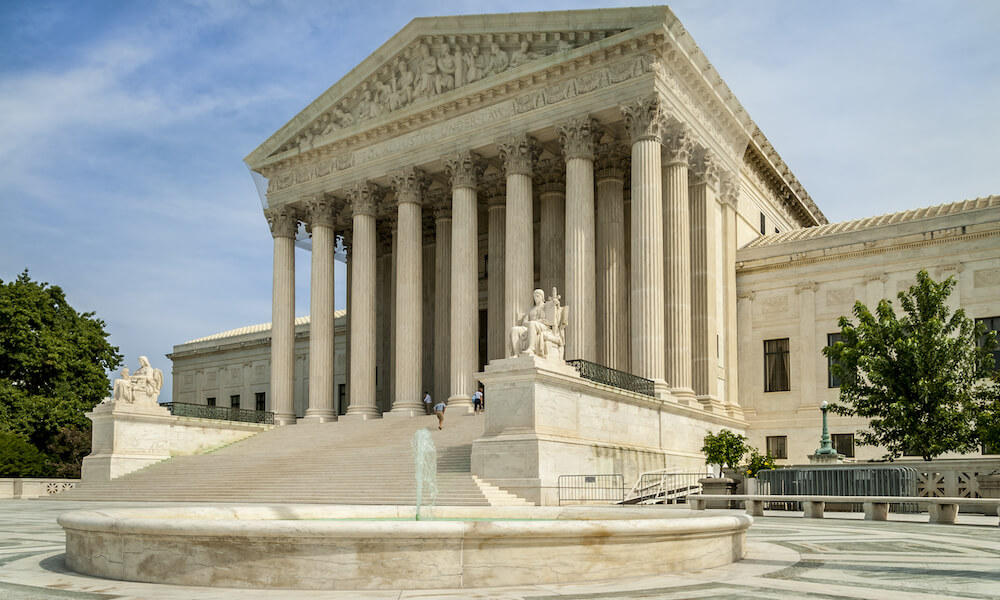

Watch the video to learn how justices are appointed to the Supreme Court, the highest and most powerful court in the United States.
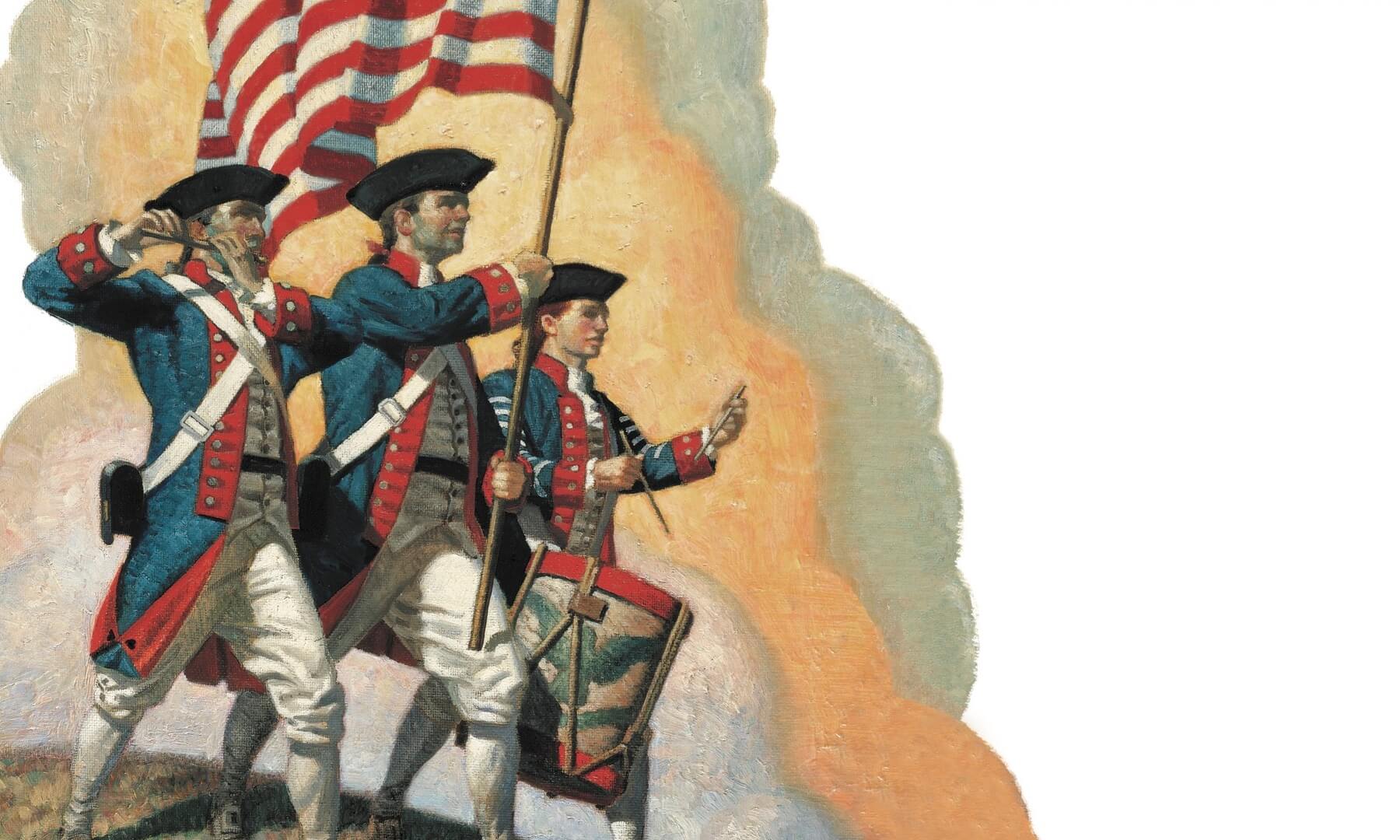
Robin Washington draws parallels between modern protests and pre-Revolutionary War civil disobedience. Is de-escalation the answer?
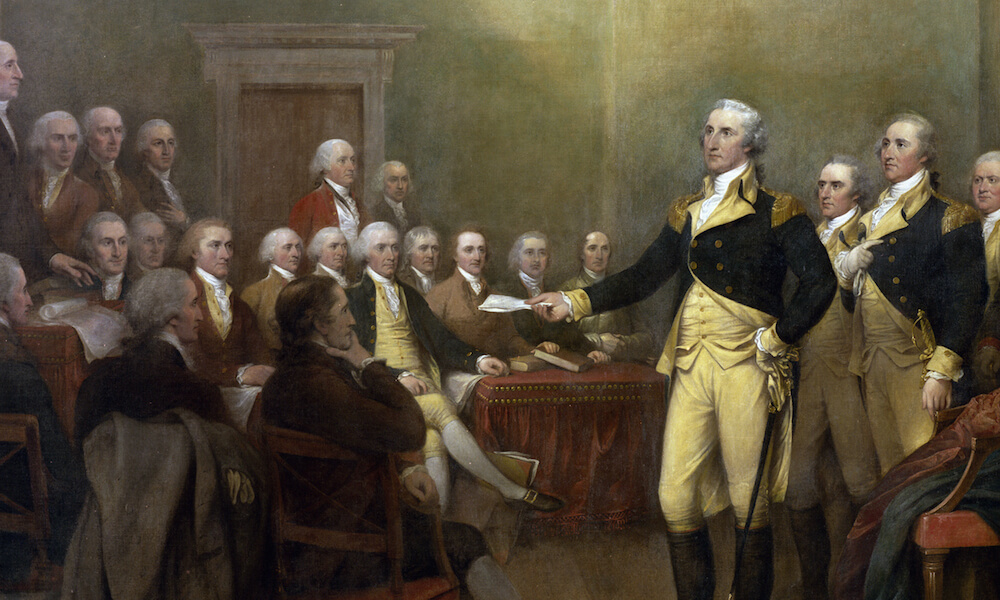
When American democracy was still in its infancy, it was put to the test when George Washington stepped down as president. Read about how this ultimately strengthened the nation.
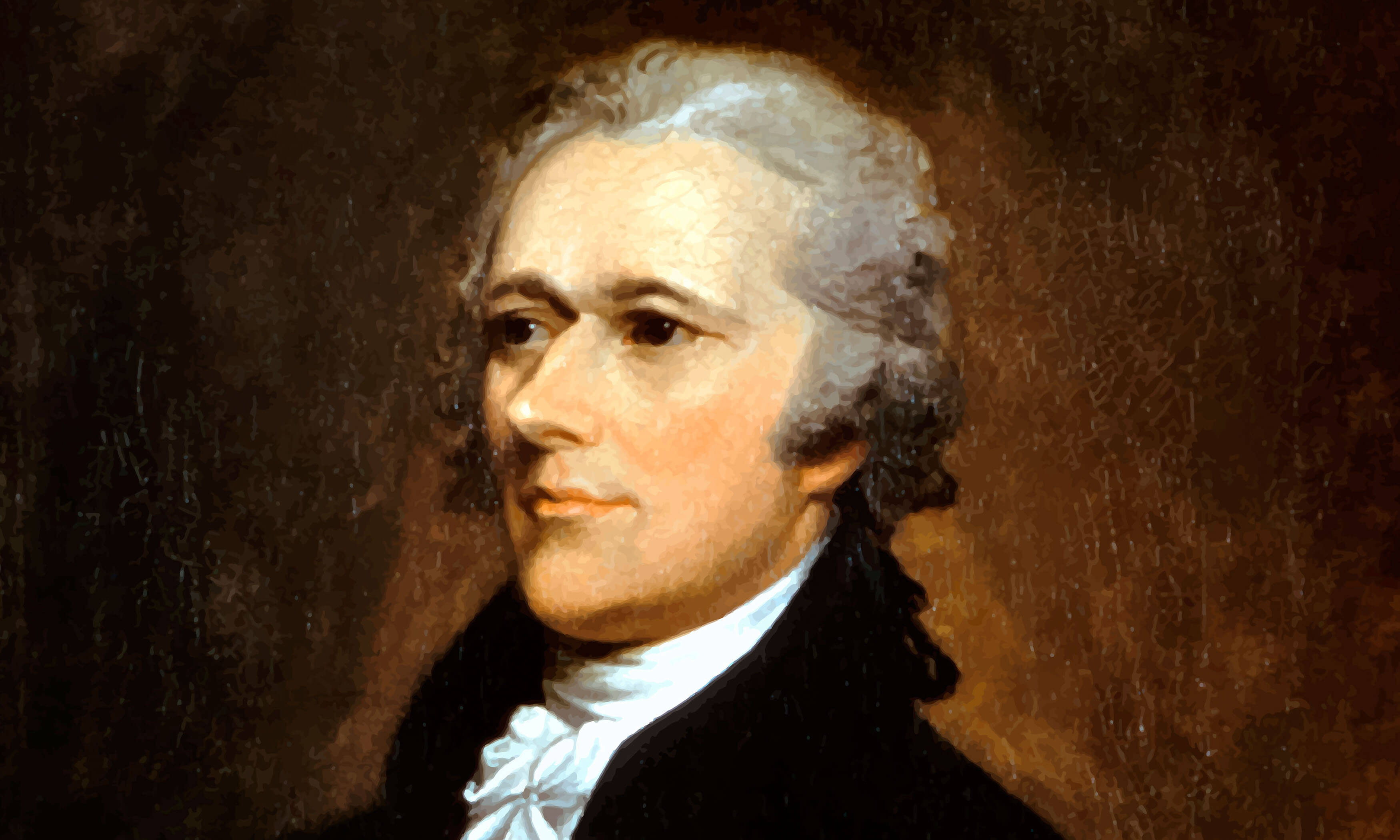
Alexander Hamilton was a man of many talents, abilities, and flaws. Read the article for a deeper look into this complicated founding father.

During the Civil War, when photography was a new medium, a minister and amateur historian raced to capture images of the last surviving veterans of the American Revolution.
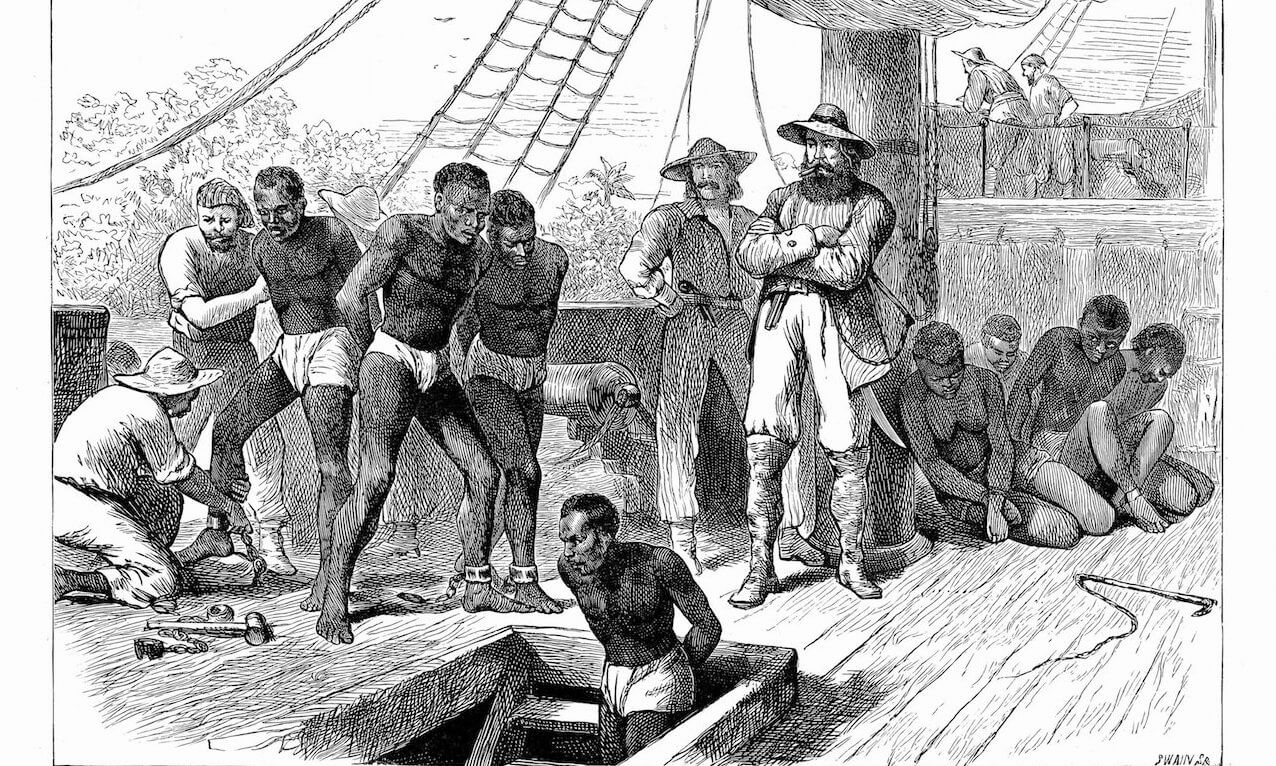
This biography outlines the life of Phillis Wheatley, who became a published poet despite being enslaved.
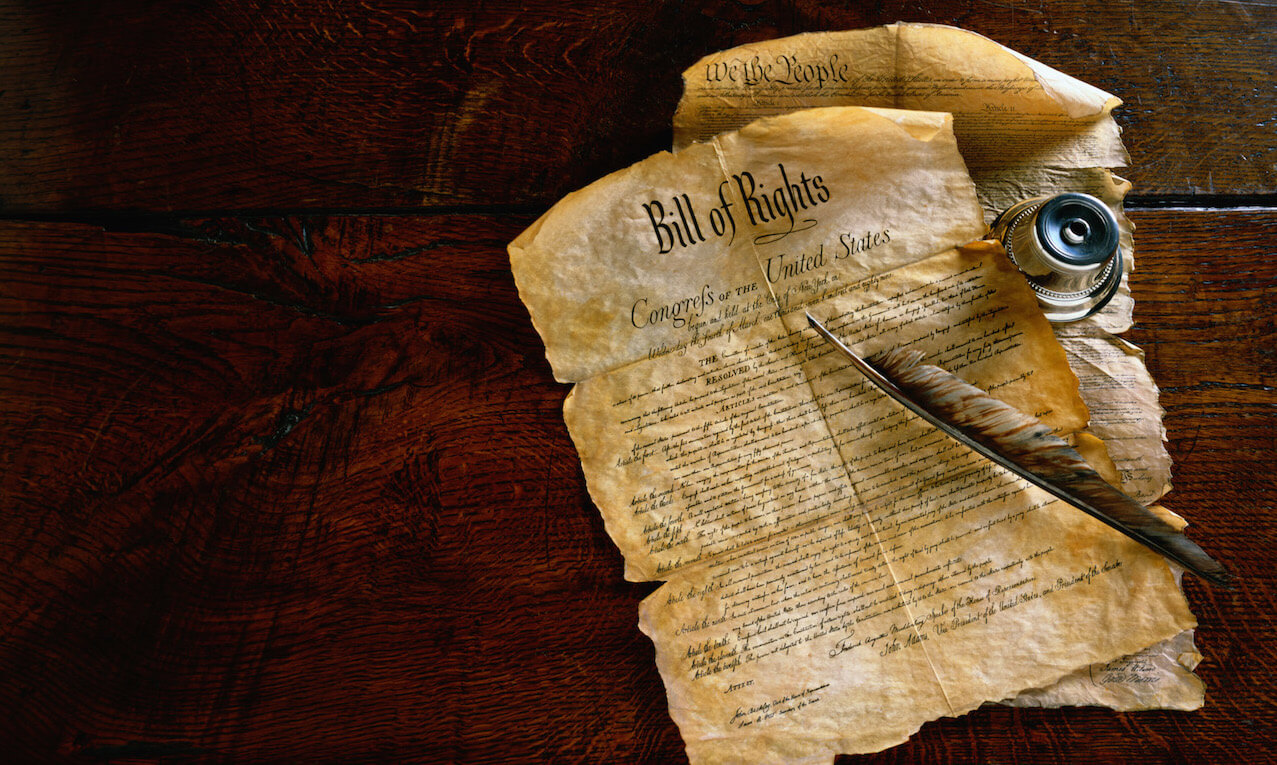
As an anti-Federalist, Patrick Henry opposed the ratification of the Constitution. Read about his opposition to Thomas Jefferson and James Madison.
This aticle explains what led to the Boston Massacre in March 1770 and what its effects were.
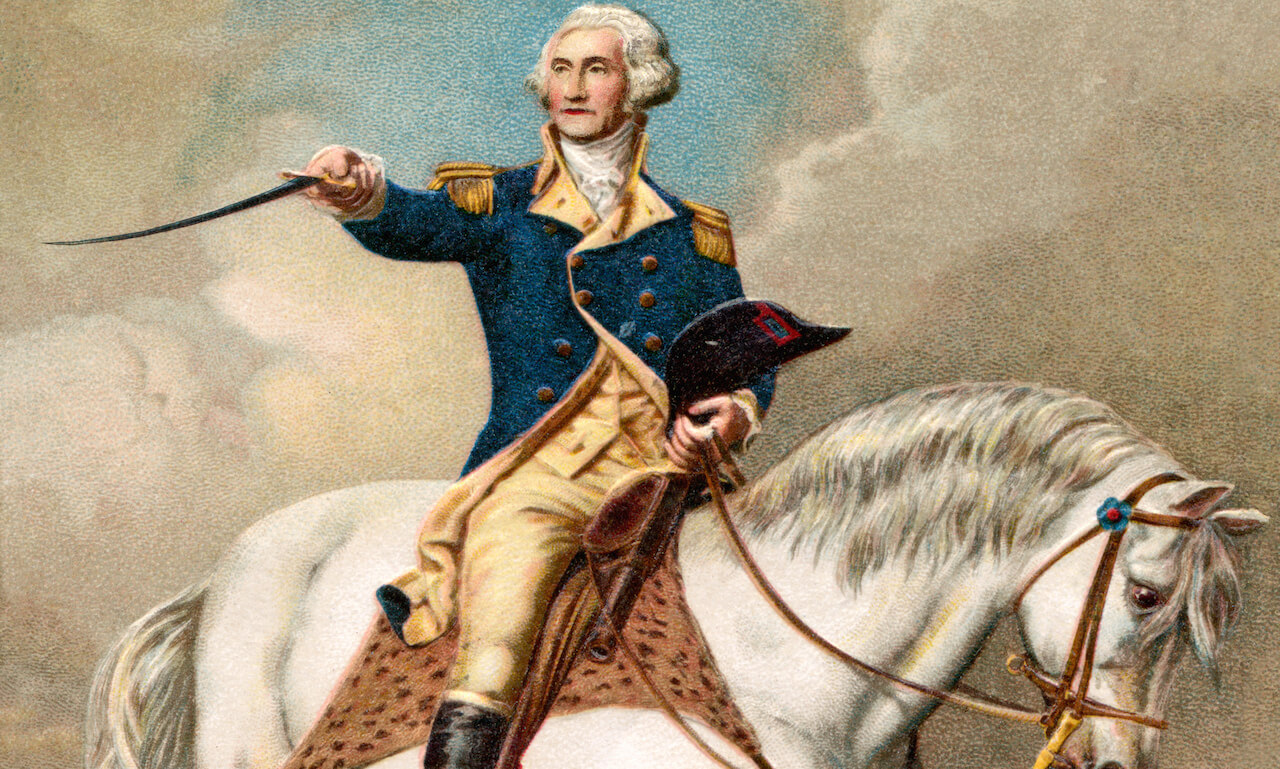
Learn how an uncovered painting provided historians with new details of George Washington’s army.
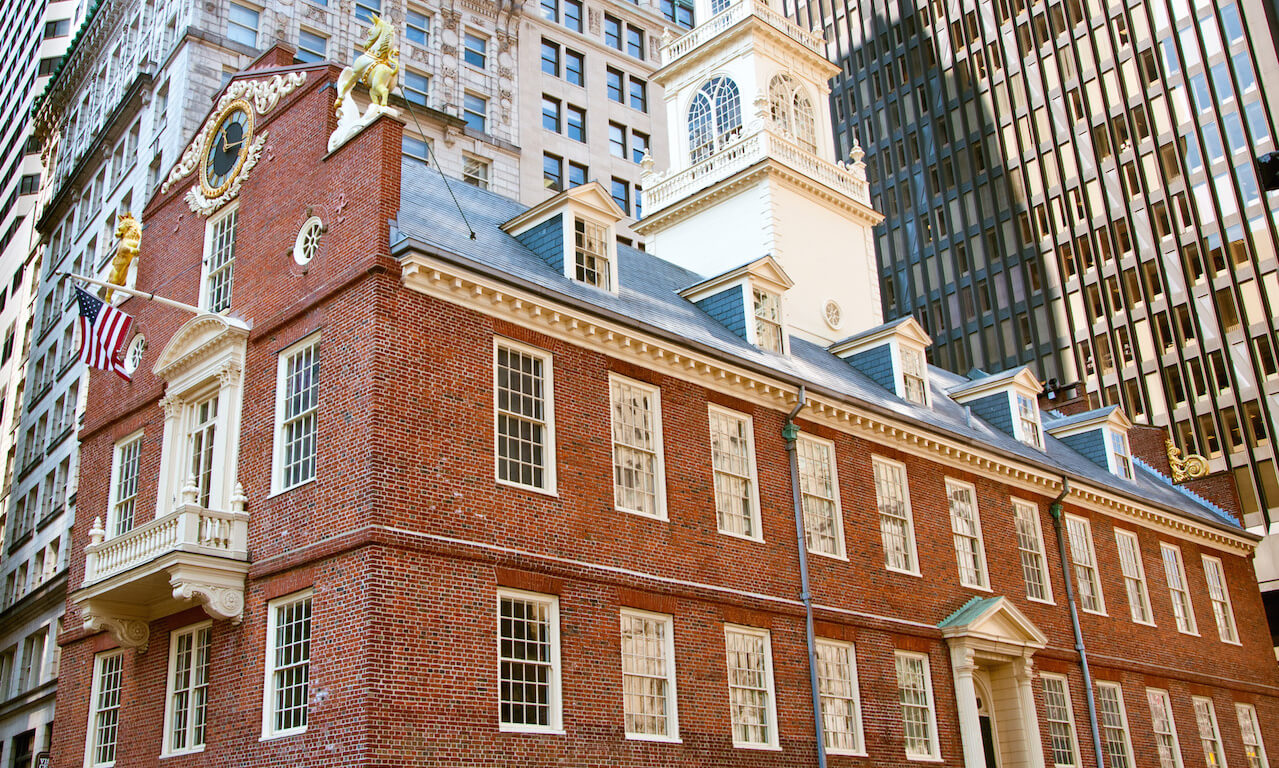
Learn how James Otis, Jr., inpsired early revolutionary thinking with fiery speeches against British rule.

HISTORY has put together this list of interesting information about the French and Indian War.
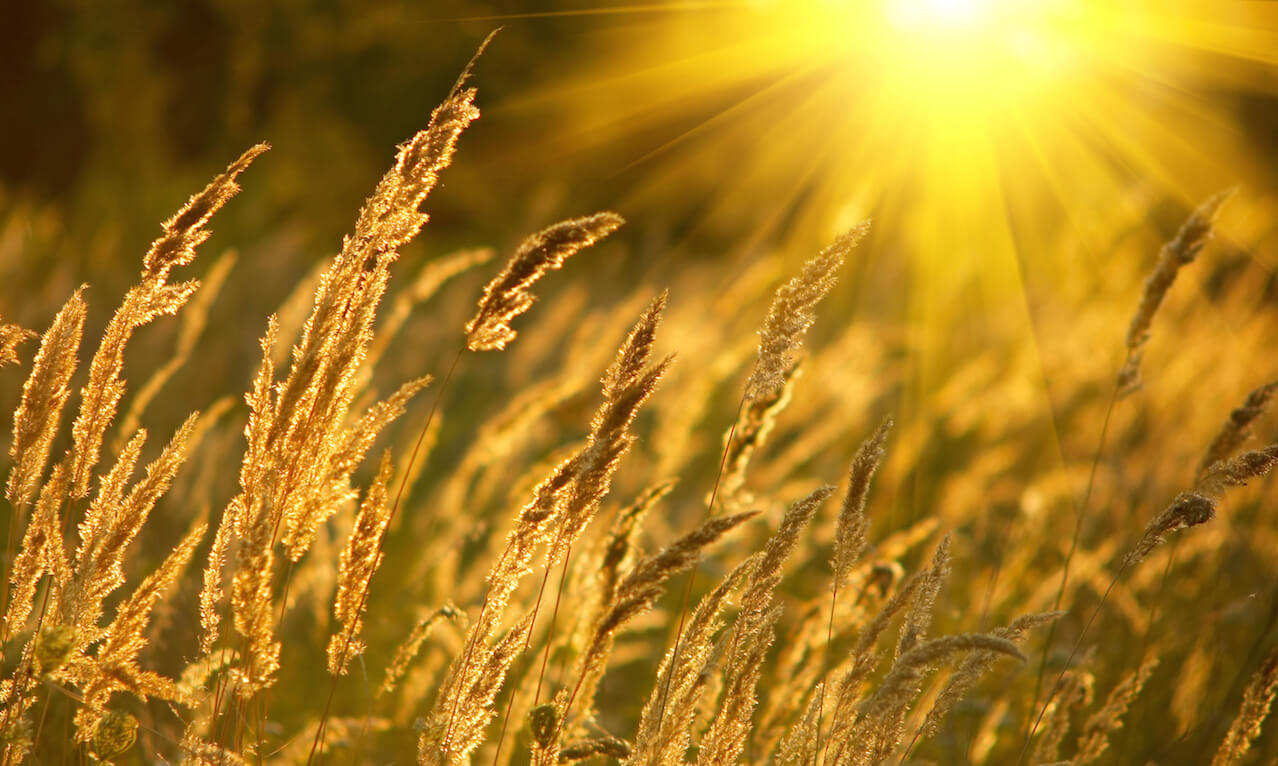
Read about this lesser-known contemporary of the founding fathers.
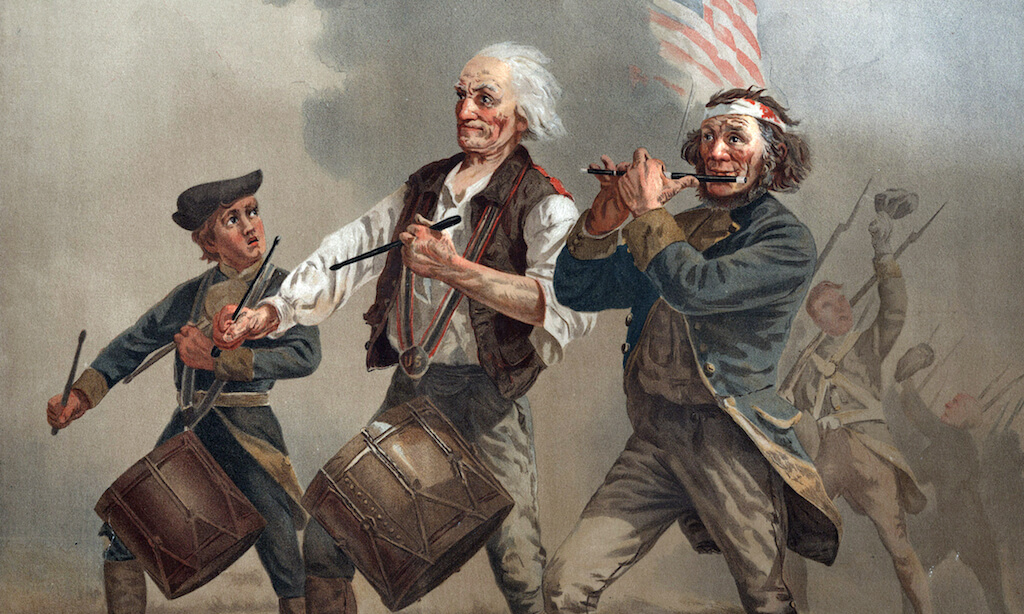
Game-makers researched the events and settings of the 1700s to immerse players in the history of the American Revolution, the setting of Assassin’s Creed 3.
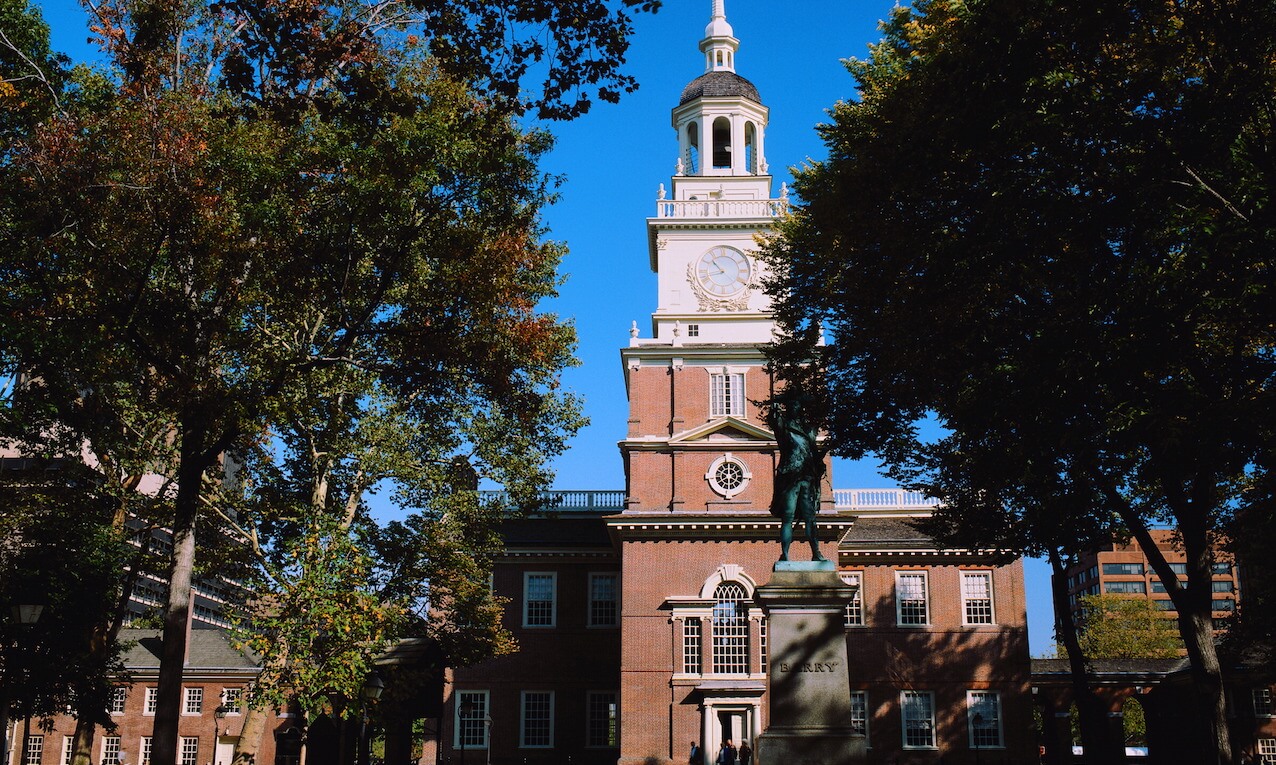
Culture reporter Jennifer Schuessler reviews the Museum of the American Revolution, which opened in Philadelphia in April.
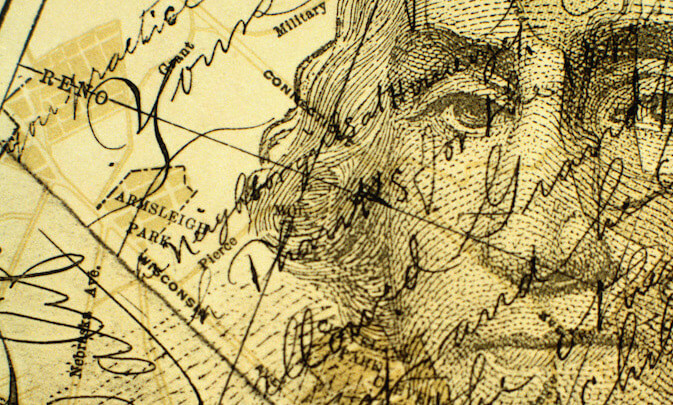
George Washington led an effort to create a network of spies to help win the American Revolution.

Philip Freneau is known as the poet of the American Revolution, having written poems and other works about that time in American history. Learn more about this prolific writer in this biography.

Law professor Adam Chodorow argues that a series of tax disputes is what eventually led to the formation of the United States.

In this biography of Abigail Adams, you’ll learn how she helped shape the role of First Lady of the United States.

An historic letter written by George Washington is the inspiration for a cantata recently performed at a Jewish congregation in Philadelphia. Read why the creators of the musical piece found the document to still be relevant and important.

View these illustrations, photos, and objects collected by the Library of Congress to learn how the religious growth of the Great Awakening took shape in the 18th century.